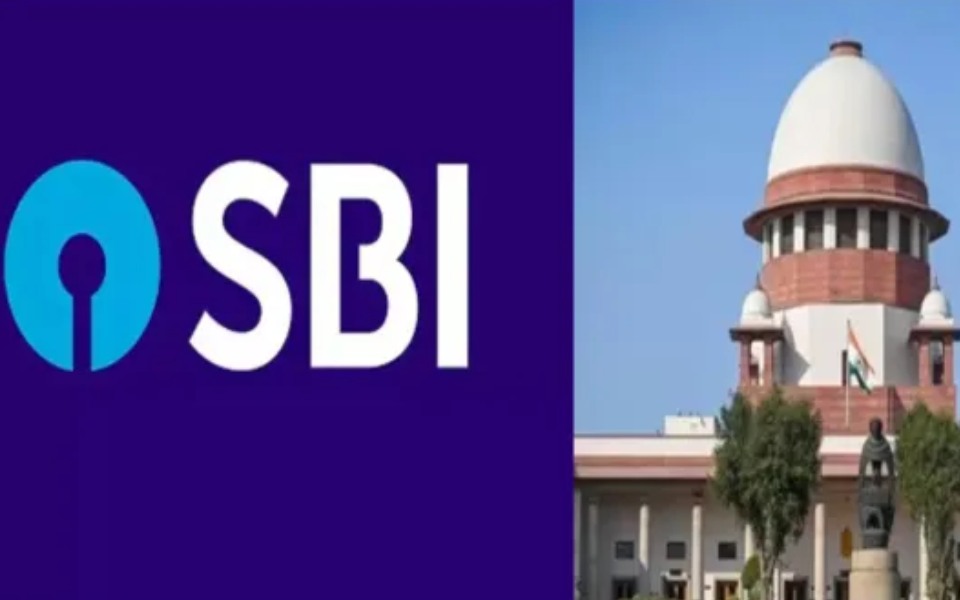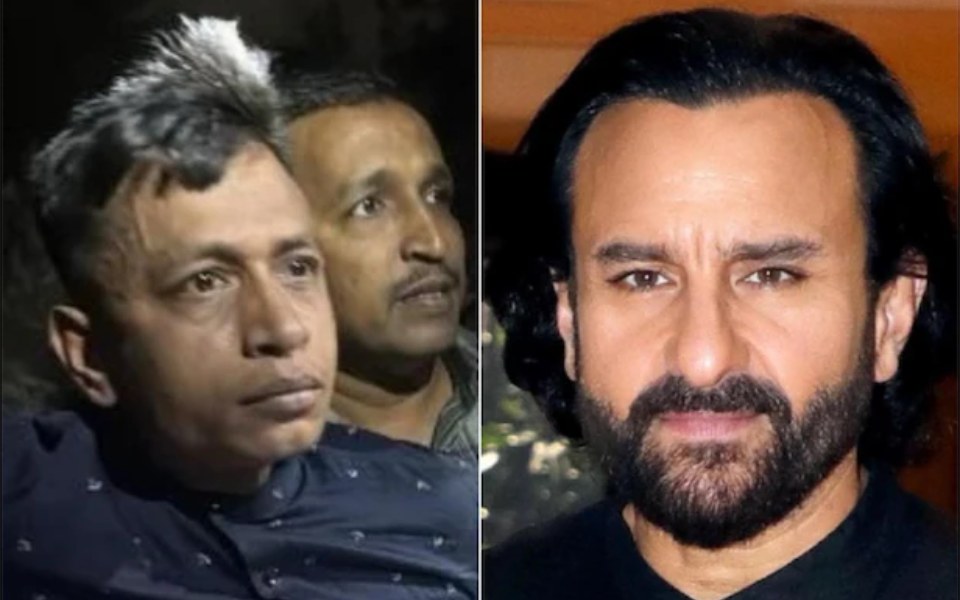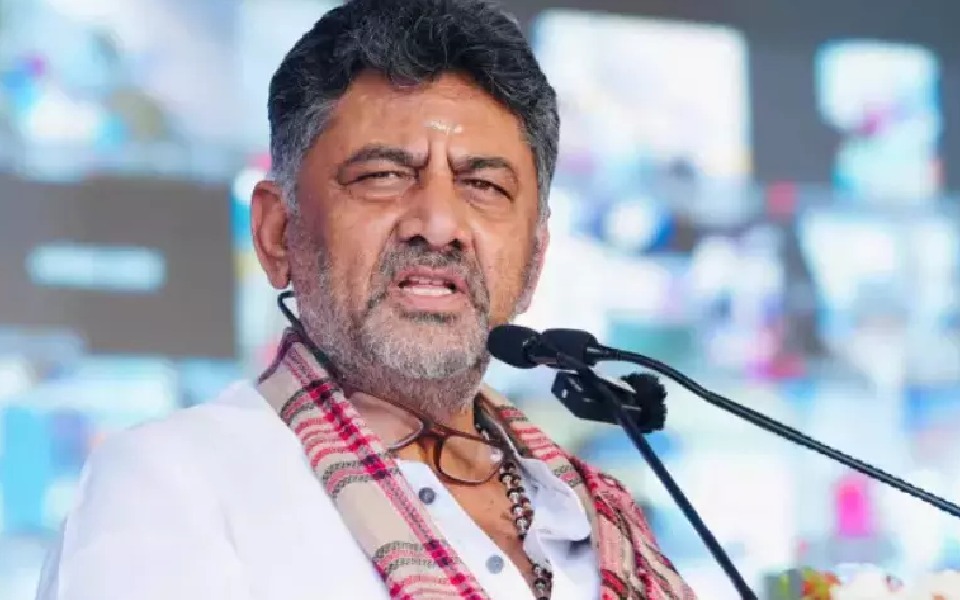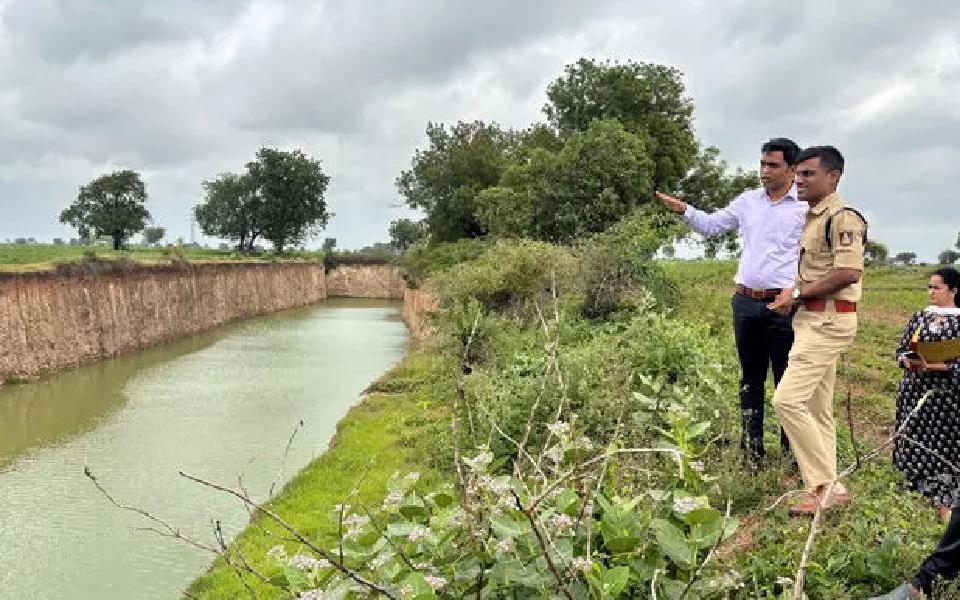New Delhi: The State Bank of India (SBI) informed the Supreme Court on Thursday that it has provided all electoral bonds data, including the alpha-numeric identification details associated with such bonds, to the Election Commission of India (ECI).
In a recent affidavit submitted in compliance with the apex court's order dated March 18, SBI confirmed that it has furnished all necessary information to the poll body.
The affidavit outlined the details as follows:
- The purchaser's name
- The denomination and specific number of the bond
- The political party that has encashed the bond
- The last four digits of the bank account number of political parties
- The denomination and number of the bond encashed
As per the Supreme Court's directives, the ECI is now required to upload this data on its website.
The electoral bonds scheme, which allowed donors to anonymously contribute funds to a political party by purchasing bearer bonds from SBI, was introduced through the Finance Act, 2017. This amendment affected three other statutes - the Reserve Bank of India Act, the Income Tax Act, and the Representation of People Act.
Several petitions challenging at least five amendments made to different statutes through the Finance Act, 2017 were filed before the Supreme Court. Petitioners argued that these changes paved the way for unlimited and unchecked funding of political parties.
On February 15, after nearly seven years, the Court invalidated the Electoral Bonds Scheme and directed SBI to provide details of the political parties that received contributions through such bonds from April 12, 2019, to the Election Commission of India (ECI).
Rejecting SBI's request for an extension on March 11, the Supreme Court directed the bank to disclose the following details for each electoral bond purchased:
- Name of purchaser
- Denomination of electoral bonds
- Details of each electoral bond redeemed by political parties, including the date of encashment
On March 15, the Court observed that SBI had not disclosed the bond numbers. Subsequently, on March 18, the Court instructed SBI to disclose all relevant information regarding electoral bonds, including the details of the alpha-numeric numbers attached to such bonds.
Let the Truth be known. If you read VB and like VB, please be a VB Supporter and Help us deliver the Truth to one and all.
Mumbai, Jul 25 (PTI): Police have opposed the bail plea of the Bangladeshi national arrested for allegedly stabbing Bollywood actor Saif Ali Khan with a knife and injuring him at his home here in January this year, telling a Mumbai court there was "strong evidence" against the accused.
Citing a Forensic Science Laboratory report, police reiterated before the sessions court their earlier claim knife fragments that got lodged near the actor's spine during the attack as well as a part found at the crime spot have matched with the weapon recovered from the accused, Shariful Islam.
These three pieces were part of the same weapon (knife) used to attack the filmstar, the police said in a written response to the accused's plea submitted in the court on Thursday (July 24).
Khan was repeatedly stabbed with a knife by an intruder inside his 12th floor apartment in upscale Bandra on January 16 during a robbery attempt.
The 54-year-old actor underwent surgery at Lilavati Hospital to remove a piece of knife that got lodged near his spine during the attack. He was discharged from the private hospital after five days.
Shariful Islam, a Bangladeshi national, was arrested two days later for allegedly stabbing Khan.
The police, in their response, highlighted that the accused is a Bangladeshi citizen residing illegally in India.
If granted bail, there was a possibility that he may flee India and not appear before the court during the trial. The crime committed by the accused is of a "very serious nature, and strong evidence" is available against him, they argued.
In his bail plea, filed through advocate Vipul Dushing, the accused asserted he was innocent and had no prior criminal record.
Investigation into the case has practically concluded with only the filing of a chargesheet pending, the accused contended while seeking bail.
The alleged attacker has been booked under Bharatiya Nyaya Sanhita (BNS) sections related to house trespass, robbery and dacoity with attempt to cause death or grievous injury.





